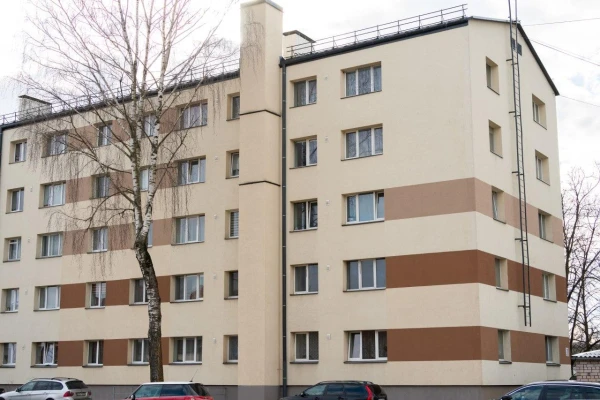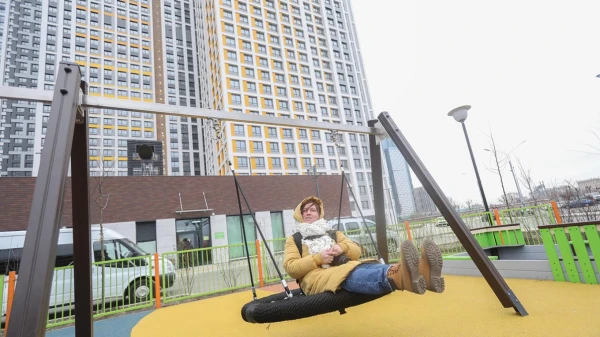
For many years, housing loan activity in Latvia has been at the bottom of the eurozone, notes the Ministry of Economics.
In this regard, the ministry of Viktor Valainis has submitted for government consideration stimulating Rules on loans for housing acquisition in the regions. Will they help solve the housing issue?
Where Mortgages Thrive
Throughout the country, except for Riga, according to departmental experts, "residents have relatively many grounds for dissatisfaction with the availability of mortgage loans." The capital is a different story – here, the level of outstanding mortgage loans is close to the average for the eurozone (30% of GDP). The champion in this regard is the Adazi region (56%). Additionally, there is active borrowing for housing acquisition in the Ogre, Saulkrasti, and Jelgava regions, as well as in the state city of Jelgava.
Meanwhile, significantly lower – about 6% of the region's economic volume – are the indicators of mortgage loans in such large regional centers by Latvian standards as Liepaja, Valmiera, and Ventspils. Critically low – from 1 to 3% of GDP – is the lending in Daugavpils, Rezekne, and Jekabpils.
Overall, 80% of Latvia's mortgage loans are issued in Riga or the Riga region, 7.3% in Kurzeme, 6.6% in Zemgale, 3.8% in Vidzeme, and only 2.5% in Latgale.
Banks Are Reluctant to Engage
"One of the reasons for insufficient lending in the regions, claims the Ministry of Economics, is the lower real estate prices compared to the Riga region, which reduces the need for mortgage loans and the willingness of lenders to issue small-volume mortgage loans, offering alternative types of loans for housing purchase with shorter repayment terms and higher interest rates on loans."
In this situation, the practice of some commercial banks issuing "small unsecured consumer loans" becomes common, which, according to the Bank of Latvia, is spent on real estate in 15% of cases – to cover the difference between personal funds and the cost of the property. With this approach, borrowers often fall into debt bondage, as such loans have interest rates 2-3 times higher than standard mortgages...
Not Enough for Everyone
Alongside this, the Ministry of Economics sees unused potential in credit unions – such cooperative mini-banks could cover their members' loans with lower rates. Currently, this alternative provides only 13.6 million euros, or 0.23% of the total volume of mortgage loans amounting to 5.7 billion euros.
To rectify the situation in the regions, it has been proposed that the state financial institution Altum increase the maximum support amount for mortgages – up to 74,000 euros. In this case, the maximum repayment term can be up to 30 years, and when calculating, attention should be paid to ensure that the maximum age at the end of the contract does not exceed 65.
However, the total volume of growth from Altum on the part of the ministry cannot be called particularly large – the document mentions 3.5 million euros. This is, in fact, less than 50 apartments...













